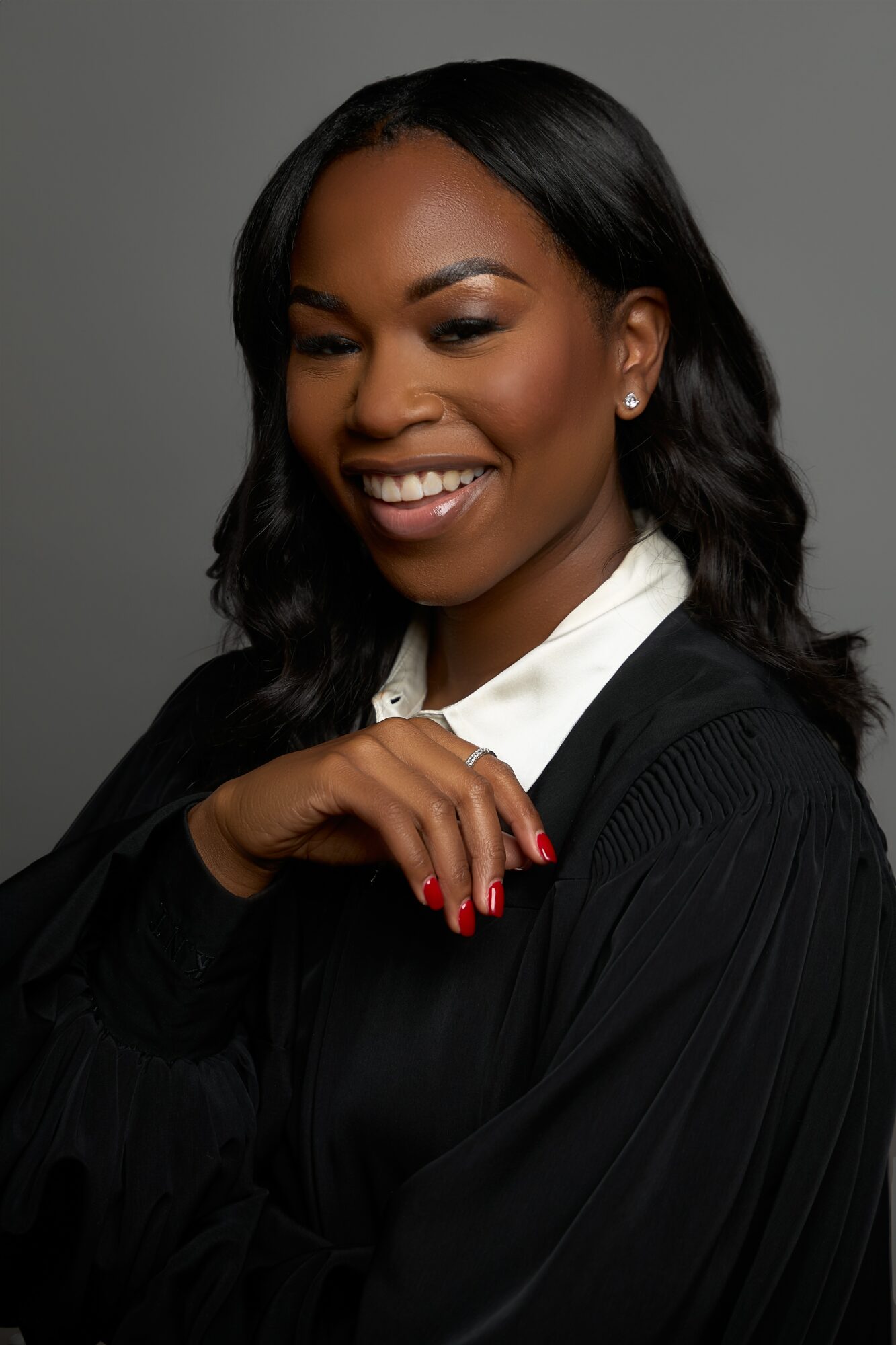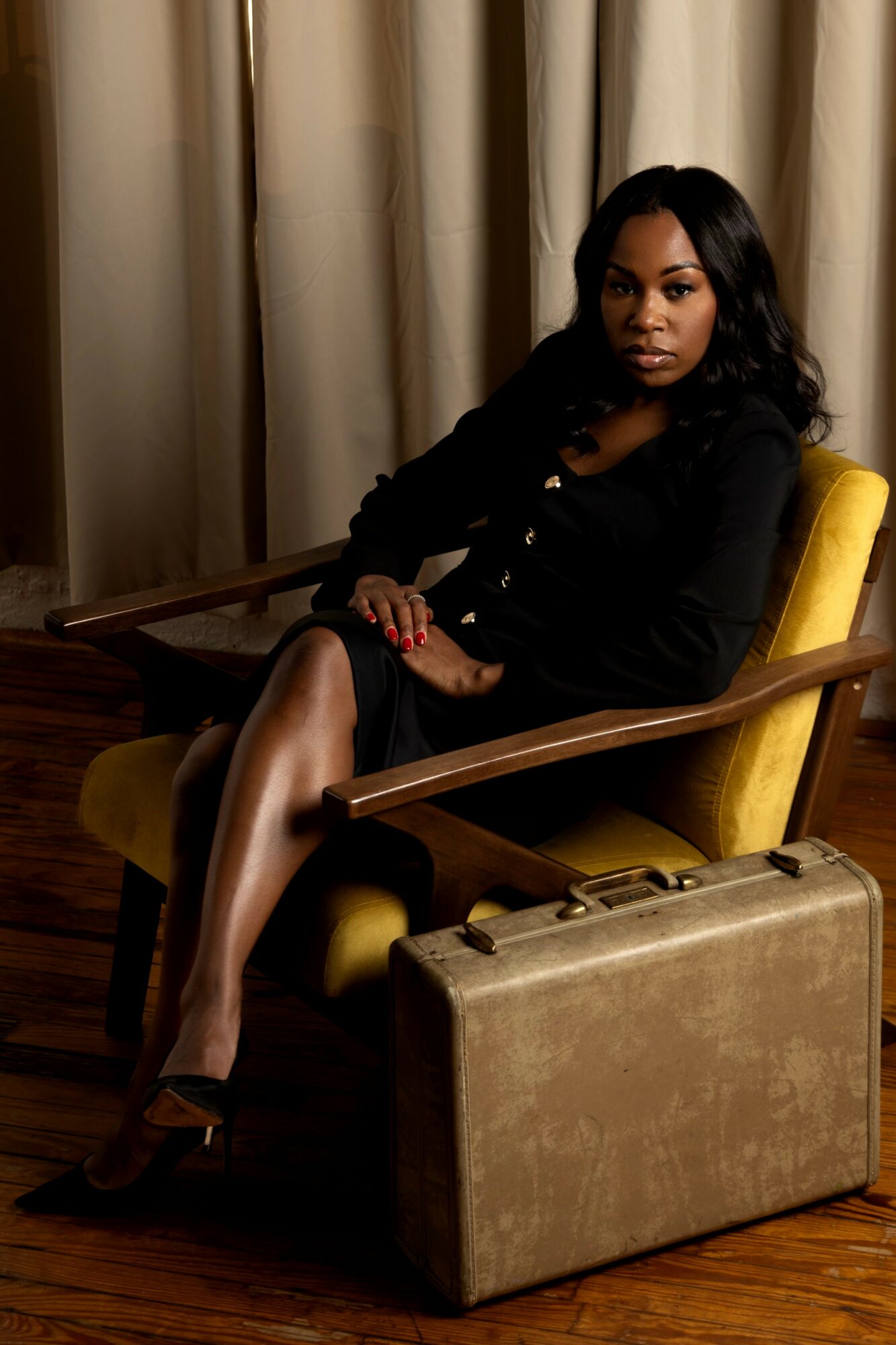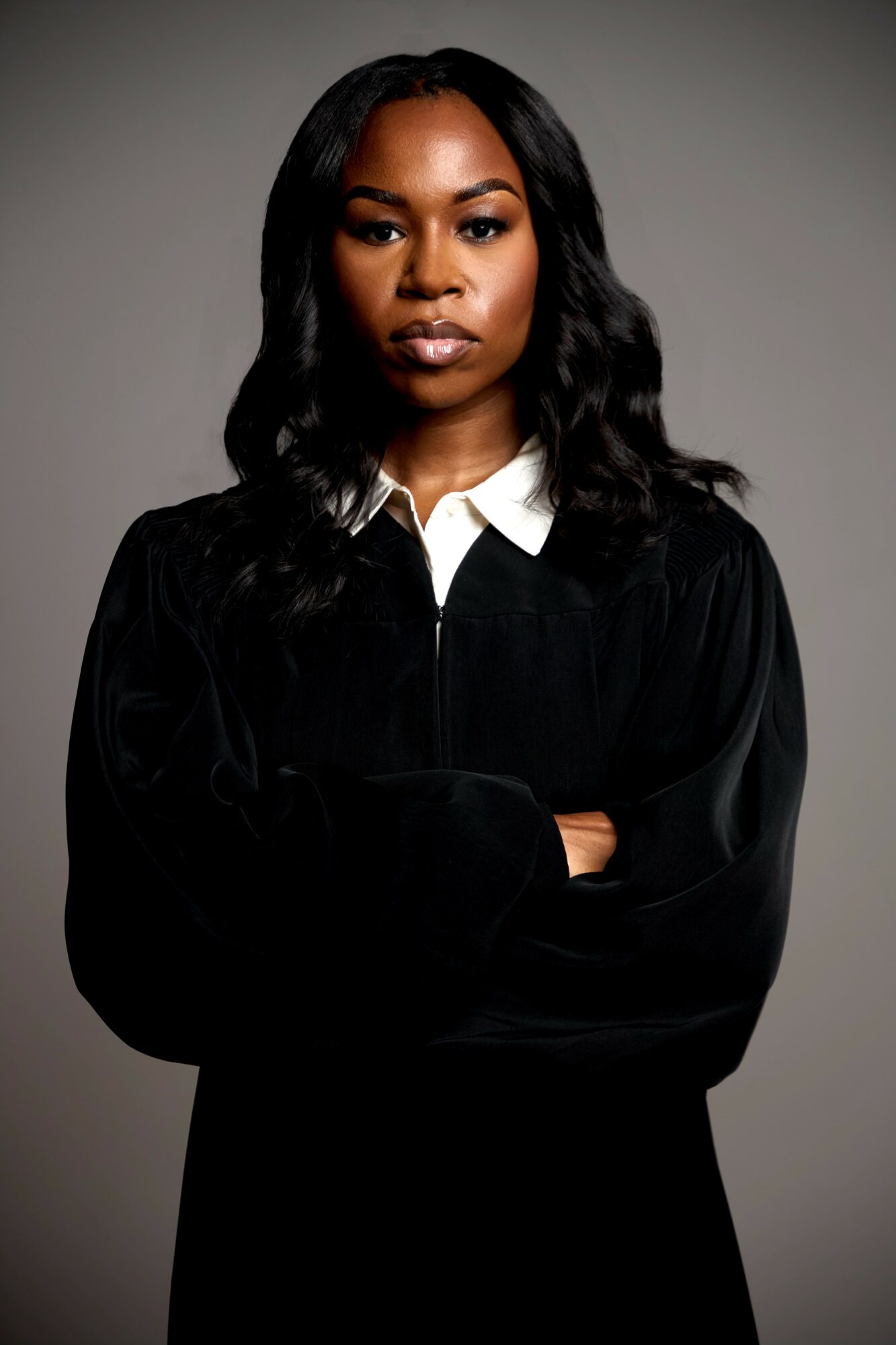

We’re looking forward to introducing you to Katherine Thomas. Check out our conversation below.
Katherine, so good to connect and we’re excited to share your story and insights with our audience. There’s a ton to learn from your story, but let’s start with a warm up before we get into the heart of the interview. What do the first 90 minutes of your day look like?
In the first 90 minutes of my day, I prioritize my physical, mental, and spiritual well-being through a structured routine. Before leaving my home, I commit to 15 minutes of my devotional where I usually pray and meditate. By 5:45 AM, I transition into my workout. I find that exercising first thing in the morning energizes me for the rest of the day. I usually focus on strength training four times a week. This session lasts about 60 minutes, and by the end, I feel invigorated and ready to tackle whatever comes my way.
Can you briefly introduce yourself and share what makes you or your brand unique?
My name is Katherine Thomas, and I serve as a Criminal District Court Judge in Harris County, Texas. I am a native Houstonian and a graduate of Spelman College and Howard University School of Law. I preside over felony cases in the 184th District Court, this is a State Court in Texas. Some days I preside over jury trials and plea bargain agreements while other days I preside over sentencing or suppression hearings. I also serve as an adjunct professor at Thurgood Marshall School of Law where I teach Trial Simulation to second year law students.
Thanks for sharing that. Would love to go back in time and hear about how your past might have impacted who you are today. What relationship most shaped how you see yourself?
My positive and healthy relationship with my parents has been foundational in shaping how I see myself as a Black woman in the world. From an early age, they instilled in me a strong sense of self-worth, pride in my identity, and the understanding that my voice matters. Watching them navigate life with resilience, integrity, and grace gave me a real-world model of strength and dignity. They encouraged open communication, held me to high standards, and made sure I knew that I was capable of achieving anything I committed to. That grounding gave me the confidence to walk into any room knowing I belong there. Their love and example continue to be my compass as I move through spaces where representation, authenticity, and purpose matter deeply.
What did suffering teach you that success never could?
Campaigning throws you into the deep end. They are met with grueling schedules, high-stakes interviews, constant public scrutiny, and moments of doubt. Pushing through taught me how strong I am when everything is on the line. You find out what you truly believe in. I learned to stand firm in my integrity and ideals, even when taking an unpopular stance risked losing support. It was liberating to stay true to myself, knowing that’s the person I want to be on the bench. If anything, suffering has made me more grounded, focused, and prepared to serve effectively.
Next, maybe we can discuss some of your foundational philosophies and views? What are the biggest lies your industry tells itself?
One of the biggest lies in the legal industry is: The law is objective and neutral.
On paper, the law is supposed to be impartial. It should be blind to race, gender, class, or background. But in practice, the system often reflects the biases and inequalities of the society it’s built within. From disparities in sentencing to who gets access to quality representation, we see evidence every day that the law doesn’t operate in a vacuum.
Lawyers sometimes perpetuate this ‘neutrality’ narrative because it preserves the appearance of legitimacy and order. But acknowledging the law’s flaws doesn’t weaken the system, it’s the first step to making it more just.
If you’re aware of the gap between what the law promises and what it delivers, you’re in a better position to fight for fairness, equity, and systemic change.
Okay, so before we go, let’s tackle one more area. What is the story you hope people tell about you when you’re gone?
I want people, whether they’re attorneys, defendants, victims, or jurors to leave my courtroom knowing they were heard, respected, and treated fairly, regardless of who they are or what brought them there.
I hope to be remembered as a judge who didn’t just apply the law, but who understood its impact on real people. Someone who held the powerful accountable, protected the rights of the vulnerable, and made decisions rooted in both principle and humanity.
I want to create a courtroom culture that values transparency, where young lawyers can see themselves reflected on the bench and feel empowered to lead. And beyond the bench, I hope my work encourages reforms that make our justice system more equitable, especially for communities that have long been underserved.
At the end of the day, I want my legacy to be this: That I honored the law without ever forgetting the people it’s meant to serve.
Contact Info:
- Website: https://thomasforjudge.com
- Instagram: judgekatherinethomas
- Linkedin: Judge Katherine Thomas
- Facebook: Katherine Thomas for 184th Court Judge
- Youtube: Judge Katherine Thomas


Image Credits
Javeon Butler
J. LaRay Media










